
Productivity
Productivity refers to the efficiency of converting inputs into outputs. It is a measure of how effectively resources like time, labor, and materials are utilized to achieve desired results. Enhancing productivity involves optimizing processes, reducing waste, and maximizing output, ultimately driving economic growth and improving overall performance.
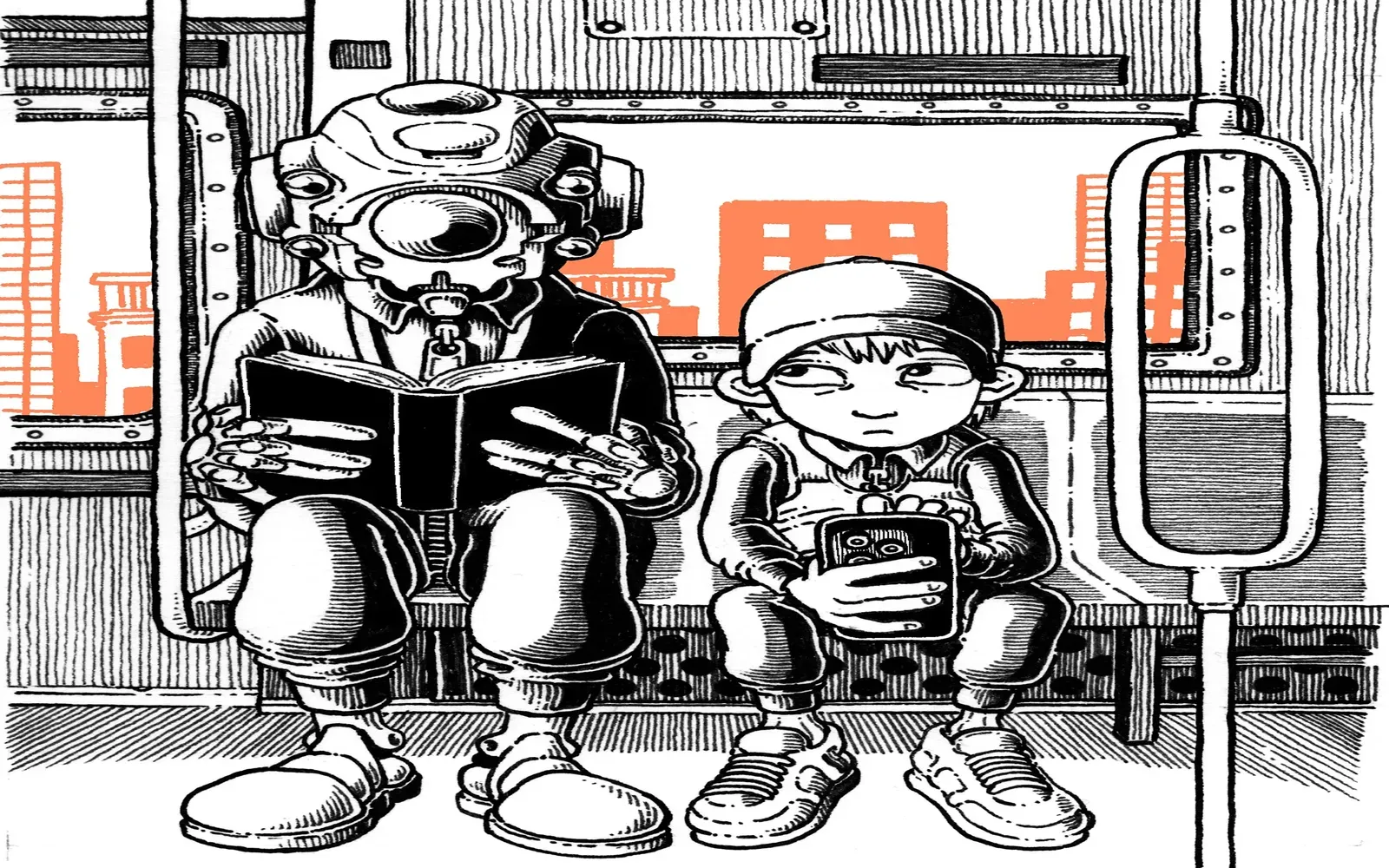
Job-stealing robots and other automation myths
The notion that robots and automation will inevitably lead to massive job losses is a common misconception. While certain tasks may become automated, history shows that technology often creates new job opportunities and enhances productivity. The fear of job-stealing robots overlooks the potential for workers to shift into new roles that require human creativity, problem-solving, and interpersonal skills. Emphasizing collaboration between humans and machines can lead to more innovative workplaces, ultimately benefiting the economy and society as a whole.
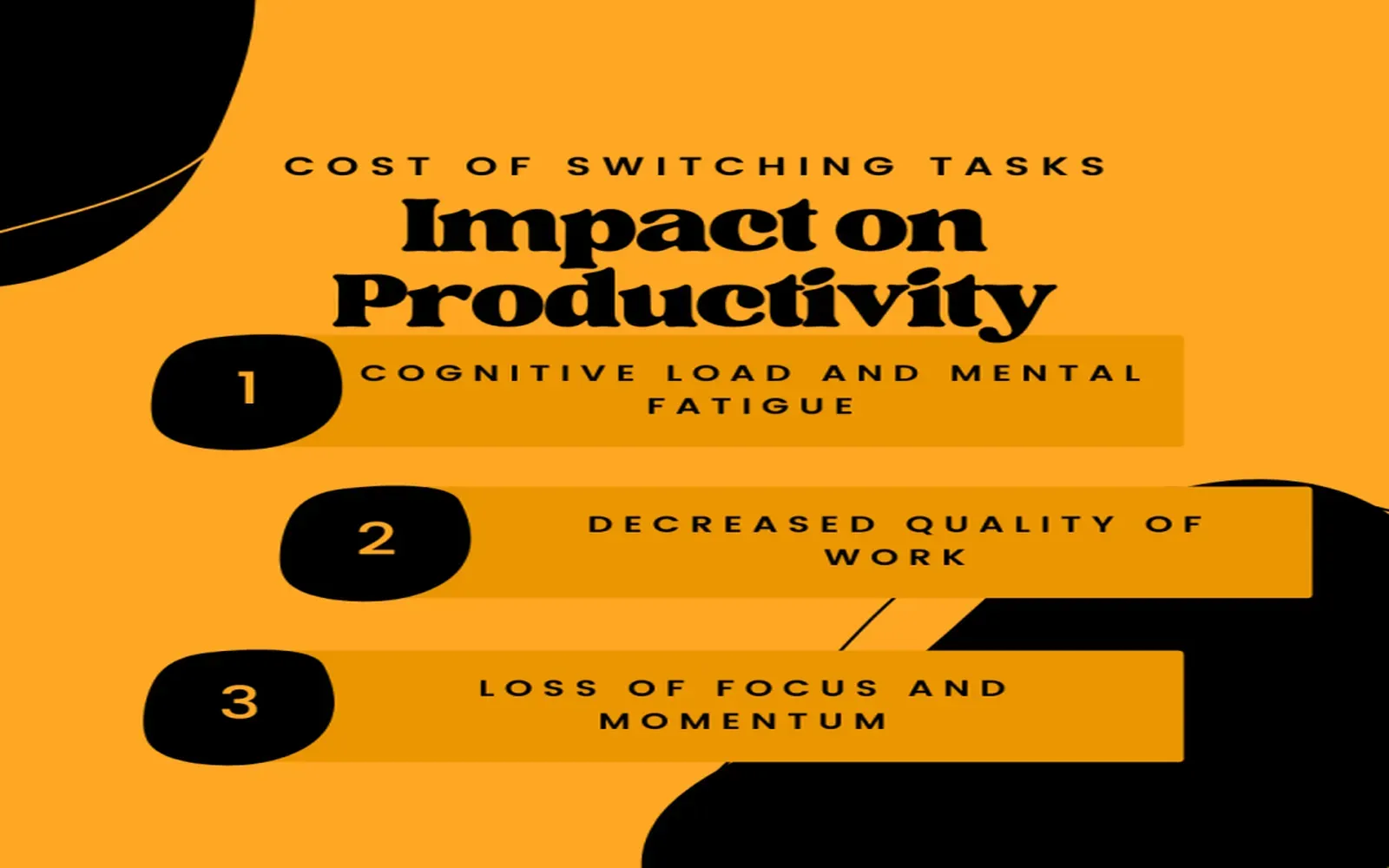
The cost of switching lanes: How to use batching to increase productivity
Switching tasks frequently can significantly hinder productivity, leading to increased time and mental fatigue. Batching, or grouping similar tasks together, allows individuals to focus on one type of work at a time, minimizing distractions and the cognitive load associated with constant shifting. By organizing tasks into batches, one can streamline workflows, enhance efficiency, and ultimately achieve higher levels of productivity. This approach not only reduces the time lost in transitions but also fosters a deeper concentration on the work at hand.

Control what you can to avoid feeling overwhelmed
Feeling overwhelmed can stem from various factors, but focusing on what you can control is essential for managing stress. Prioritize tasks by breaking them into smaller, manageable steps and setting realistic goals. Establishing routines can help create a sense of stability, while practicing mindfulness allows you to stay present and reduce anxiety. Additionally, limit exposure to distractions and negative influences, enabling you to channel your energy into productive activities. By actively managing your environment and responsibilities, you can cultivate a greater sense of calm and clarity.

An octopus attached to my face
In a bizarre and surreal encounter, I found myself with an octopus latched onto my face, its tentacles curling around my features. The creature’s vibrant colors shifted as it explored my skin, creating a strange blend of fear and fascination. I could feel its suction cups clinging tightly, a reminder of the ocean’s unpredictable nature. As I tried to pry it off, I marveled at the intelligence in its beady eyes, capturing a moment that felt both absurd and extraordinary.

Software is trying to change your habits. Make sure you agree with it.
Software increasingly integrates into our daily lives, aiming to modify our habits for improved productivity, health, and well-being. From fitness apps encouraging regular exercise to productivity tools promoting time management, these programs often use persuasive techniques to influence behavior. While some changes can lead to positive outcomes, it’s crucial to ensure that the software aligns with your personal values and goals. Reflecting on these interventions helps maintain autonomy and ensures that any habit changes genuinely enhance your life rather than dictate it.

We tried not looking at our screens first thing in the morning. It helped.
In an effort to enhance our mornings, we decided to avoid screens immediately after waking up. This simple change led to a more peaceful start to the day, allowing us to focus on ourselves rather than getting lost in notifications and digital distractions. By taking time for quiet reflection, stretching, or enjoying a warm beverage, we felt more centered and less rushed. Ultimately, this small adjustment contributed to improved mental clarity and a more positive outlook throughout the day.

Automaticity: Finding the humanity in automation
"Automaticity: Finding the Humanity in Automation" explores the balance between technological efficiency and human experience. It delves into how automation, while streamlining processes, can sometimes lead to a disconnect from the personal touch that defines human interactions. The narrative emphasizes the importance of integrating empathy and understanding into automated systems, ensuring that they enhance rather than replace human connection. By focusing on the human element, the discussion encourages a harmonious coexistence of technology and humanity in an increasingly automated world.

Don't be embarrassed of a system that works for you
Embracing a system that effectively supports your needs is essential for personal growth and productivity. Often, individuals feel hesitant to share their methods, fearing judgment or misunderstanding from others. However, it's important to recognize that what works for one person may not suit another, and that's perfectly okay. Being confident in your approach allows you to cultivate a unique path to success. Celebrate the strategies that empower you, and remember that authenticity in your choices can inspire others to find their own effective systems.
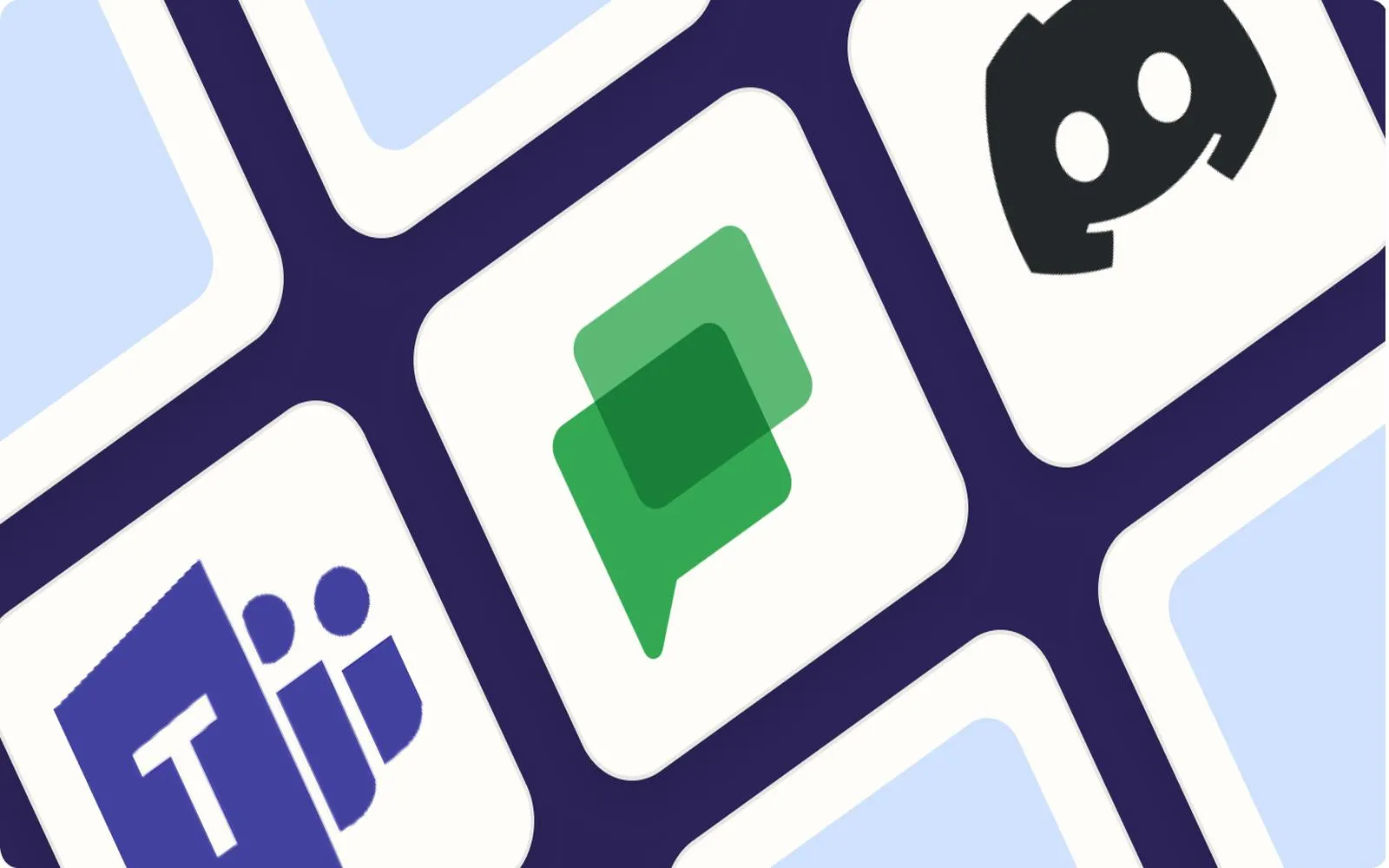
I turned off Slack notifications entirely. Nothing bad happened.
In a bold move to reclaim focus and reduce stress, I decided to turn off all Slack notifications. Initially, I worried about missing important messages or feeling disconnected from my team. However, the experience proved liberating. Without the constant pings and distractions, I found myself more productive and engaged in my work. Surprisingly, my colleagues adapted well, and I learned that communication could still flow effectively without the incessant interruptions. This shift not only enhanced my concentration but also improved my overall well-being.

PLEASE UPDATE: Why 2020 will be even better than 2019
The article explores the optimistic outlook for 2020, highlighting advancements in technology, improvements in social awareness, and rising global cooperation. It emphasizes the potential for significant breakthroughs in health and environmental initiatives, alongside growing movements for equality and justice. The narrative suggests that collective efforts and innovative solutions will lead to a more connected and resilient world. Ultimately, the piece encourages readers to embrace change and recognize the opportunities that lie ahead, fostering hope for a brighter future.
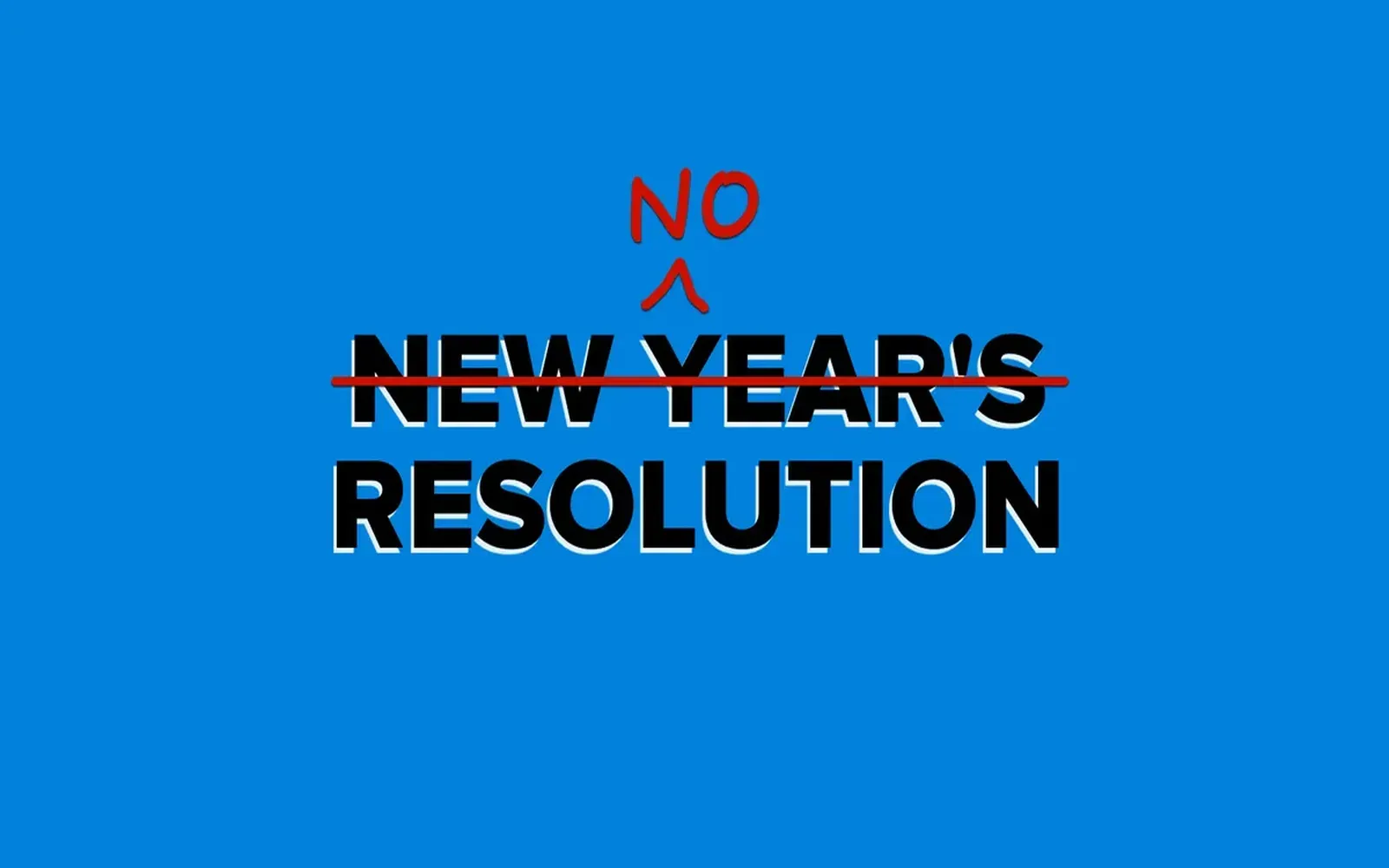
Seriously, don't worry about New Year's resolutions for 2021
As the new year approaches, the pressure to set resolutions can feel overwhelming, especially after a challenging year like 2020. Instead of stressing over lofty goals, consider embracing a more flexible approach to self-improvement. Focus on small, manageable changes that align with your values and well-being. Prioritize self-compassion and take things one step at a time, allowing yourself the grace to adapt as needed. Ultimately, the journey of growth is more important than the destination, so let go of the pressure to perform.

Why you should set aside one day every quarter just to think
Setting aside one day every quarter for reflection can significantly enhance your personal and professional growth. This dedicated time allows you to step back from daily routines, evaluate your goals, and assess your progress. It fosters clarity and creativity, helping you identify new opportunities and potential challenges. By prioritizing strategic thinking, you can make more informed decisions, align your actions with your long-term vision, and ultimately cultivate a more purposeful and fulfilling life. Embrace this practice for greater insight and direction.

How I finally started journaling
After years of contemplating journaling, I finally took the plunge during a particularly reflective moment. I bought a simple notebook and set aside a few minutes each evening to jot down my thoughts. Initially hesitant, I soon discovered the therapeutic benefits of expressing my feelings and ideas on paper. Each entry became a sanctuary for my mind, allowing me to process emotions and track personal growth. This practice transformed my perspective, turning daily reflections into a cherished routine that nurtures my well-being.

Job searching? You should have a personal website
In today's competitive job market, having a personal website can significantly enhance your job search. It serves as a dynamic platform to showcase your skills, portfolio, and professional accomplishments, allowing potential employers to see your work firsthand. A well-designed website reflects your personality and creativity, making you stand out from other candidates. Additionally, it provides a space for you to share your resume and blog about industry-related topics, further establishing your expertise and commitment to your field.
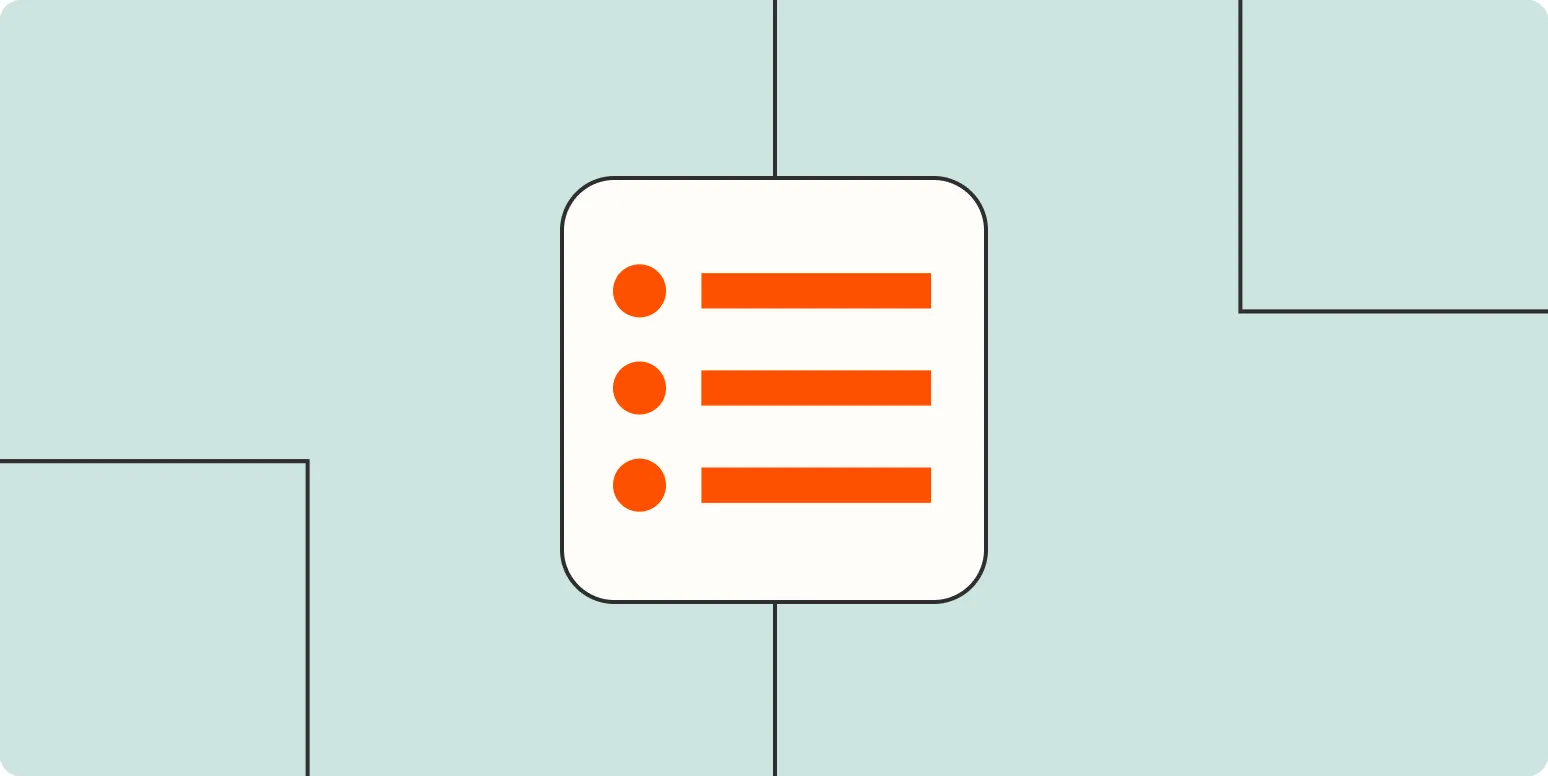
How I learned to prioritize by dropping things
Through a journey of self-discovery, I realized the importance of prioritizing my commitments by consciously letting go of less meaningful tasks. By evaluating what truly aligned with my goals and values, I learned to drop activities that drained my energy or time. This process not only reduced my stress but also allowed me to focus on what genuinely mattered. Embracing this mindset transformed my approach to life, fostering a sense of clarity and purpose in my daily decisions.

You're doing emotional labor, whether you realize it or not
Emotional labor refers to the process of managing feelings and expressions to fulfill the emotional requirements of a job or social situation. Often unrecognized, it involves regulating one's emotions to create a desired atmosphere or to meet the expectations of others. This can be especially taxing in roles that require empathy or customer interaction, where individuals might suppress their true feelings to maintain professionalism. Understanding this hidden effort is crucial for acknowledging its impact on mental well-being and work-life balance.

Quitting is good, actually
Quitting can often be perceived as a failure, but it can actually be a vital step towards personal growth and fulfillment. Recognizing when to let go of unproductive pursuits allows individuals to redirect their energy toward more meaningful and rewarding endeavors. Embracing the idea of quitting fosters resilience and adaptability, encouraging a mindset that values progress over persistence for its own sake. Ultimately, knowing when to quit can lead to a more authentic and satisfying life, aligned with one's true passions and goals.
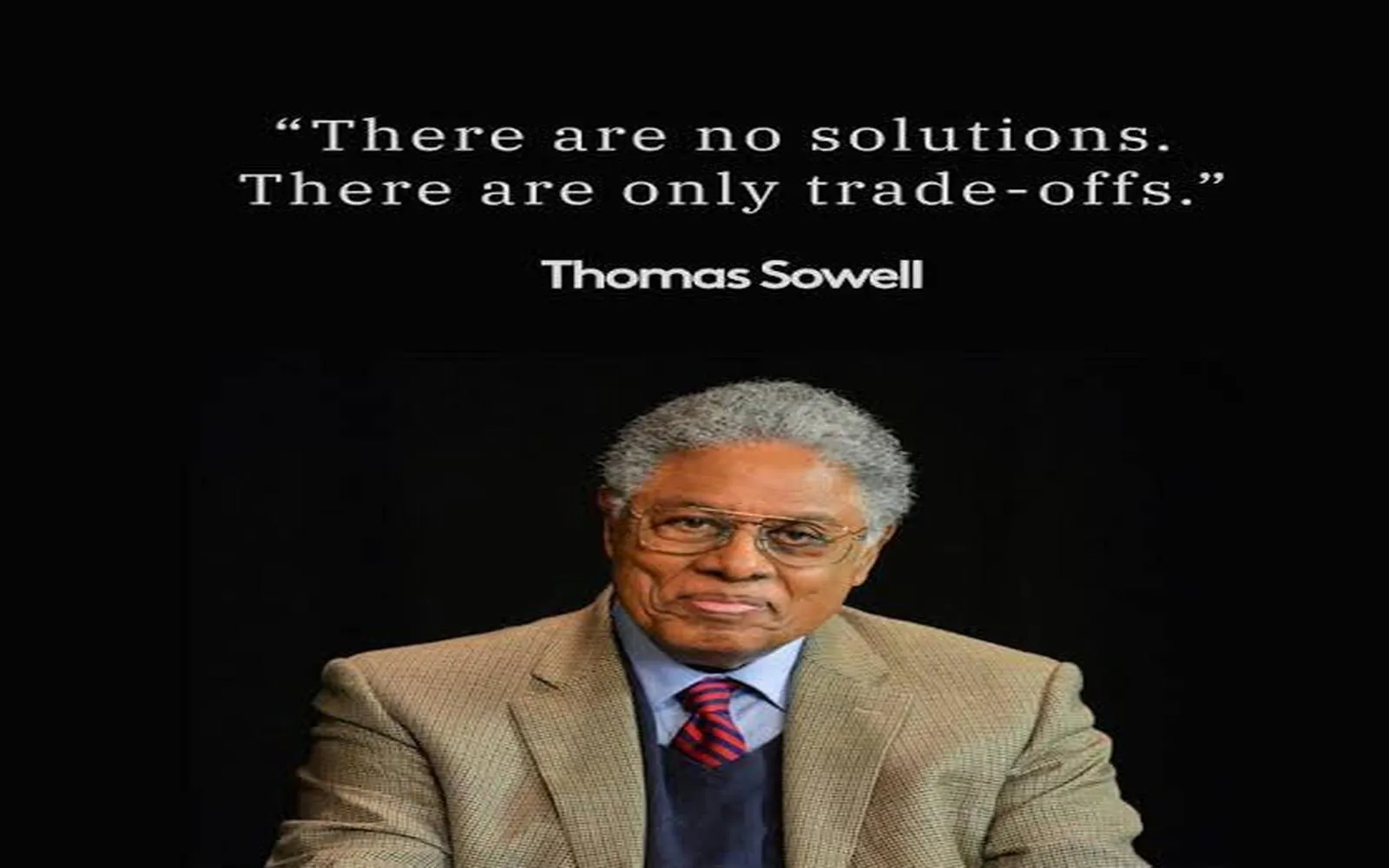
There's no such thing as perfection—only tradeoffs
The concept of perfection is often an illusion, as every decision we make involves tradeoffs. Striving for an ideal outcome can lead to frustration and dissatisfaction, as it ignores the inherent complexities of life. Embracing the idea that choices come with both benefits and drawbacks allows for a more realistic perspective. By recognizing that compromises are a natural part of any process, individuals can focus on finding balance and making informed decisions that align with their values and goals.

How I (finally) stopped looking at my phone so much
After years of feeling tethered to my phone, I decided to reclaim my time and focus. I began by setting specific periods during the day to check notifications, reducing my screen time gradually. Implementing phone-free zones, especially during meals and before bed, helped me reconnect with my surroundings. I discovered new hobbies and spent more time with family and friends, fostering deeper connections. Ultimately, this shift not only improved my mental well-being but also enriched my everyday life.

Work-life balance isn't just personal—it's business
Work-life balance is essential not only for individual well-being but also for the success of businesses. When employees feel supported in managing their personal and professional lives, they are more engaged, productive, and loyal. Companies that prioritize this balance foster a positive workplace culture, reduce burnout, and enhance overall performance. By implementing flexible work arrangements and promoting mental health initiatives, organizations can create an environment where both employees and the business thrive, ultimately leading to greater innovation and profitability.